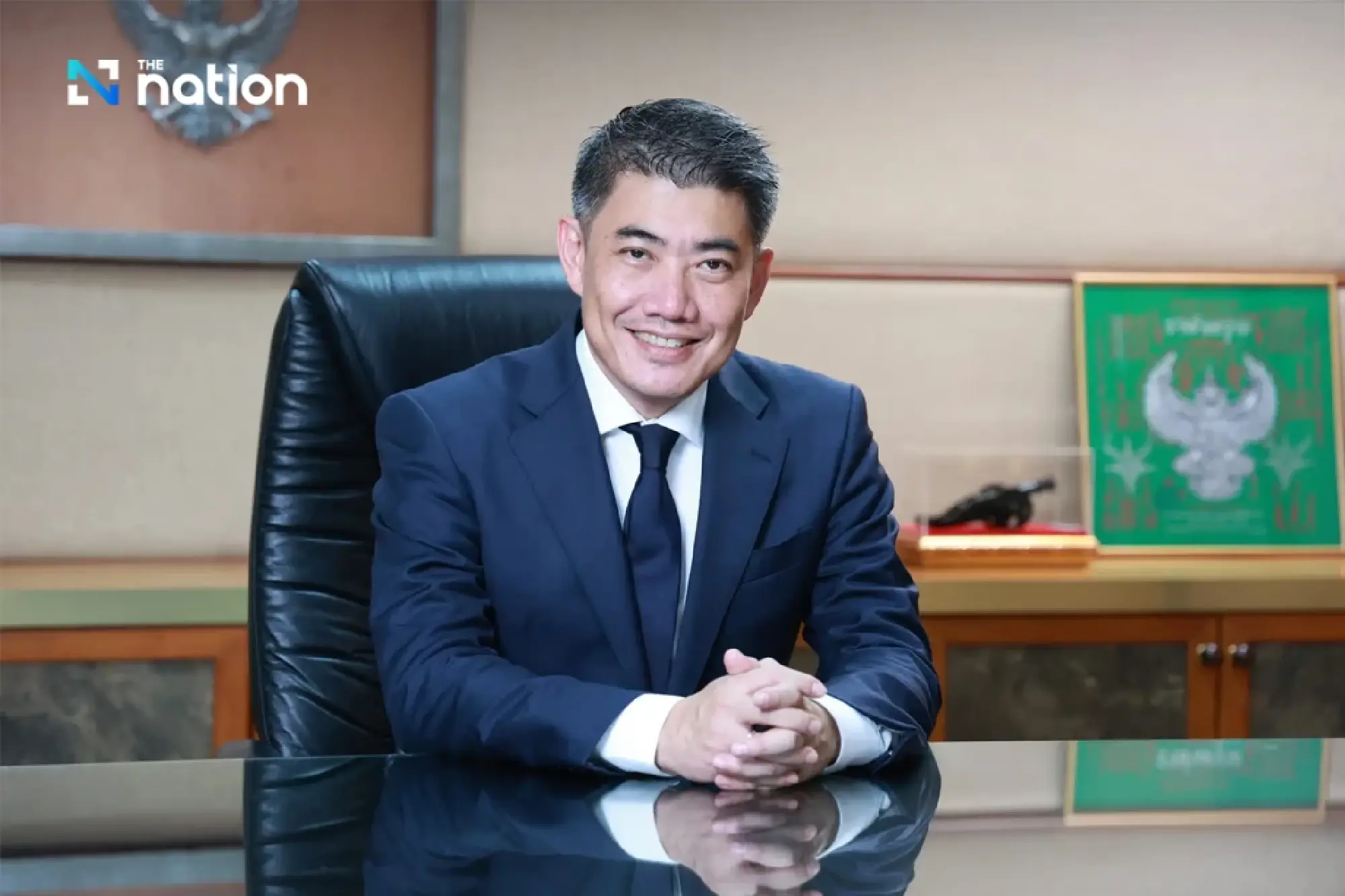
Adapting to the New Economic Reality
The OIE recently convened with various economic agencies, where the private sector pressed the government for a swift response to the looming challenges.
Several institutions have already downgraded their GDP forecasts, with the National Economic and Social Development Council (NESDC) revising its projection from 2.8% to 1.8%.
“The main risks for the second half, including the US tariffs, are still highly unpredictable,” Passakorn warned. “Geopolitical conflicts, despite some easing in the Middle East and the Russia-Ukraine war, remain a watchpoint. Furthermore, the deluge of foreign goods will continue as countries hit by US tariffs seek new markets, leading to more low-priced products entering Thailand.”
Domestically, a fragile economy and elevated household debt are contributing to reduced consumption.
The decline in foreign tourist arrivals due to safety concerns and China’s domestic tourism policies also presents ongoing challenges.
To help businesses navigate this complex landscape, the OIE and private sector have proposed six strategies for adaptation:
Seek New Markets: Explore both online and offline opportunities in areas like the Halal market, Central Asia, the Middle East (e.g., Kazakhstan, Oman), and expand into Muslim-majority nations, including Indonesia, Malaysia, and China.
Boost Production Efficiency: Invest in technology to cut costs and enhance manufacturing capabilities.
Uphold Standards and Trust: Emphasise the renowned quality of “Made in Thailand” products to maintain global credibility.
Innovate and Differentiate: Focus on sectors catering to an ageing society (health, herbal products, healthy food) and pet-related industries, finding unique selling points in an evolving market.
Strengthen Supply Chain Collaboration: Build more robust and resilient supply chains.
Monitor Government Measures: Stay informed about and leverage available government support policies.
“Thai industry must closely monitor the US negotiations in the latter half of the year, while simultaneously adapting to cut costs and seize new opportunities amidst continued global economic volatility,” Passakorn concluded.
